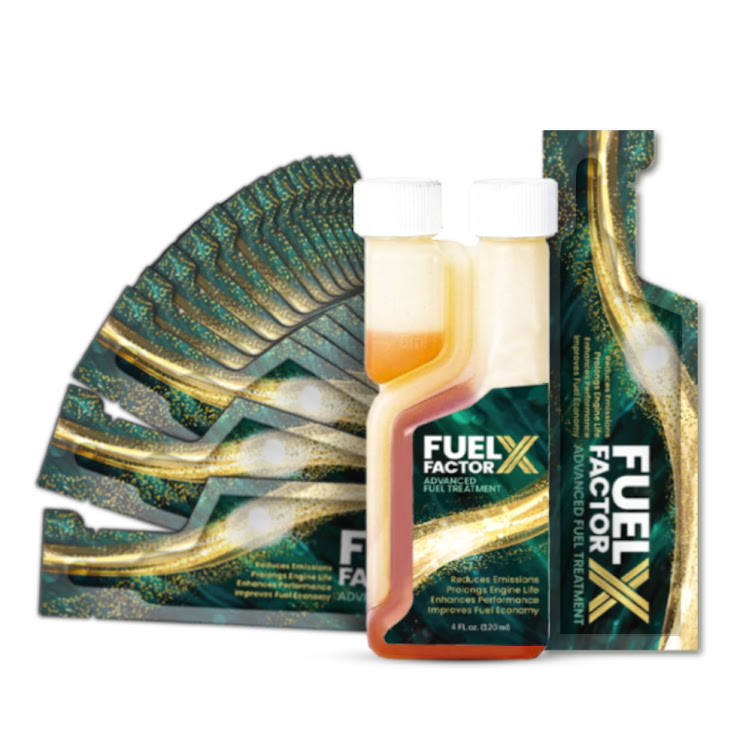Include:
Fuel injector nozzle
- Clogging: Fuel injector nozzles can become clogged with dirt, debris, and other contaminants. This can prevent the nozzle from properly atomizing and spraying fuel, which can lead to engine misfires, poor fuel economy, and increased emissions.
- Leaking: Fuel injector nozzles can also leak, which can cause fuel to drip into the cylinders or intake manifold. This can lead to a rough idle, poor performance, and increased fuel consumption.
- Sticking: Fuel injector nozzles can also stick open or closed. This can also cause engine misfires, poor fuel economy, and increased emissions.
Fuel pump
- Low fuel pressure: If the fuel pump is not delivering enough fuel pressure to the fuel injectors, the engine will not run properly. This can lead to engine misfires, poor performance, and stalling.
- Leaking: Fuel pumps can also leak, which can cause fuel to drip into the fuel tank or onto the ground. This can be a fire hazard and can also lead to poor fuel economy.
- Failure: Fuel pumps can also fail completely. This will prevent the engine from starting or running properly.
Symptoms of fuel injector nozzle and pump problems
Some common symptoms of fuel injector nozzle and pump problems include:
- Engine misfires
- Rough idle
- Poor performance
- Increased fuel consumption
- Stalling
- Difficulty starting
- Check engine light on
If you are experiencing any of these symptoms, it is important to have your fuel injector nozzles and fuel pump inspected by a qualified mechanic.
Preventing fuel injector nozzle and pump problems
There are a few things you can do to prevent fuel injector nozzle and pump problems:
- Use high-quality fuel.
- Change your fuel filter regularly.
- Get your fuel system cleaned professionally every 30,000 to 50,000 miles.
- Avoid running your fuel tank low.
If you follow these tips, you can help to extend the life of your fuel injector nozzles and fuel pump and keep your engine running smoothly.
Learn more: Fuel Factor X Online Store
